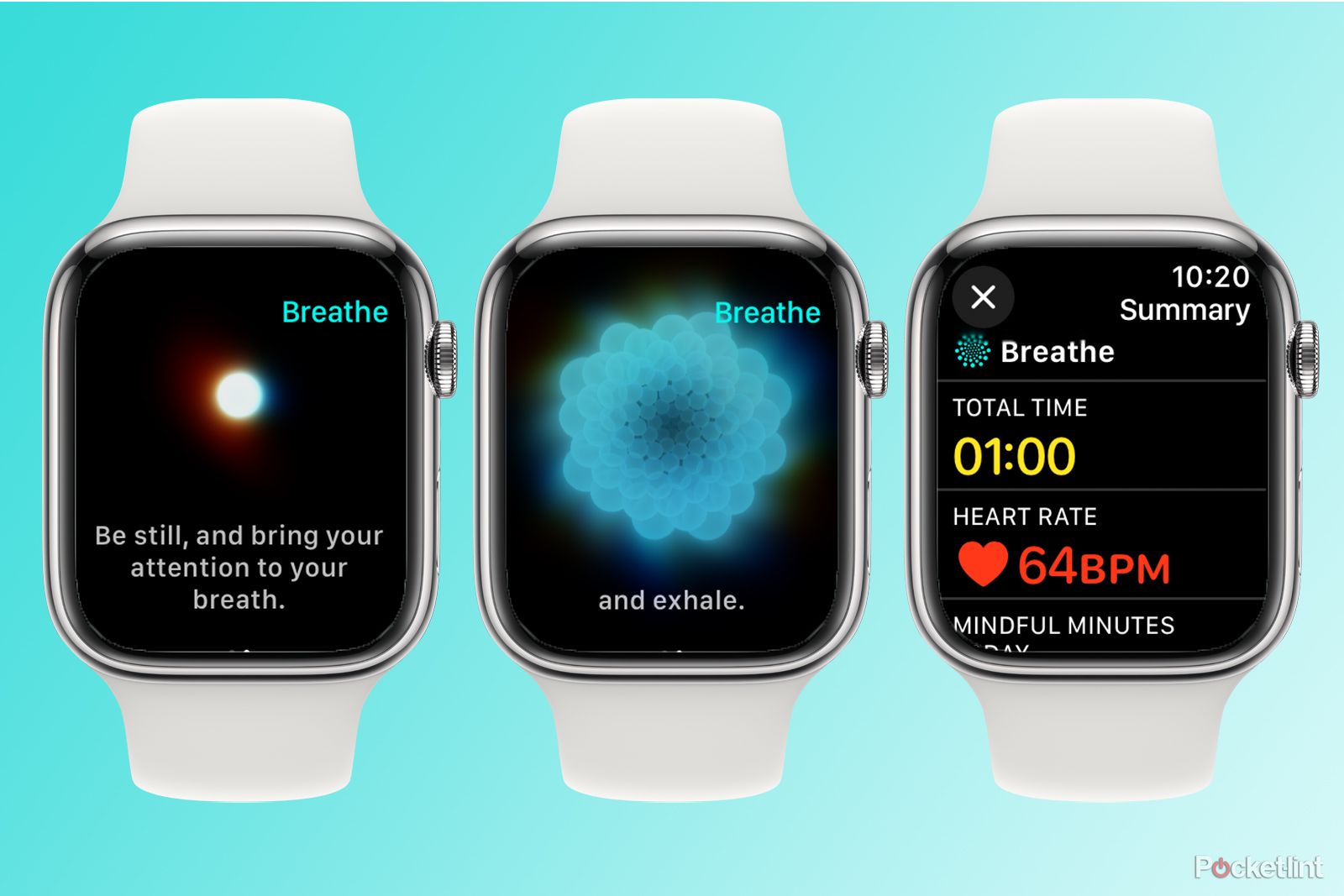
Mental Health Education: A Key to Building Resilient Students
 Mental health is an essential aspect of our overall well-being. It refers to our emotional, psychological, and social well-being, and it affects how we think, feel, and behave. Mental health education is crucial in building resilient students who can cope with life’s challenges, setbacks, and stressors.
Mental health is an essential aspect of our overall well-being. It refers to our emotional, psychological, and social well-being, and it affects how we think, feel, and behave. Mental health education is crucial in building resilient students who can cope with life’s challenges, setbacks, and stressors.
Students face an array of challenges that can impact their mental health, such as academic pressure, social isolation, family conflicts, financial stress, and personal struggles. These challenges can lead to various mental health problems, including anxiety, depression, eating disorders, substance abuse, and suicidal thoughts.
To address these challenges, mental health education should be integrated into school curricula. This approach would equip students with the knowledge, skills, and resources to maintain good mental health, recognize early signs of mental health problems, and seek help when needed.
Mental health education can promote positive mental health practices such as mindfulness, stress management, healthy lifestyle habits, and self-care. It would also raise awareness of mental health problems, reduce stigma, and encourage students to seek help without fear of judgment or discrimination.
Moreover, mental health education can build resilience in students. Resilience is the ability to bounce back from adversity, challenges, and setbacks. It is a crucial skill that can help students overcome obstacles, maintain good mental health, and develop positive coping strategies.
By teaching resilience skills, mental health education can help students develop a growth mindset, emotional regulation, problem-solving skills, and social support networks. These skills can empower students to face life’s challenges with confidence, adaptability, and optimism.
Additionally, mental health education can enhance academic performance. Studies have shown that good mental health is linked to better academic performance, attendance, and engagement. When students are mentally healthy, they can focus better, learn more effectively, and achieve their academic goals.
In conclusion, mental health education is a key aspect of building resilient students. It can promote positive mental health practices, raise awareness of mental health problems, reduce stigma, and build resilience skills. By integrating mental health education into school curricula, we can equip students with the knowledge, skills, and resources to maintain good mental health and thrive in school and beyond.






